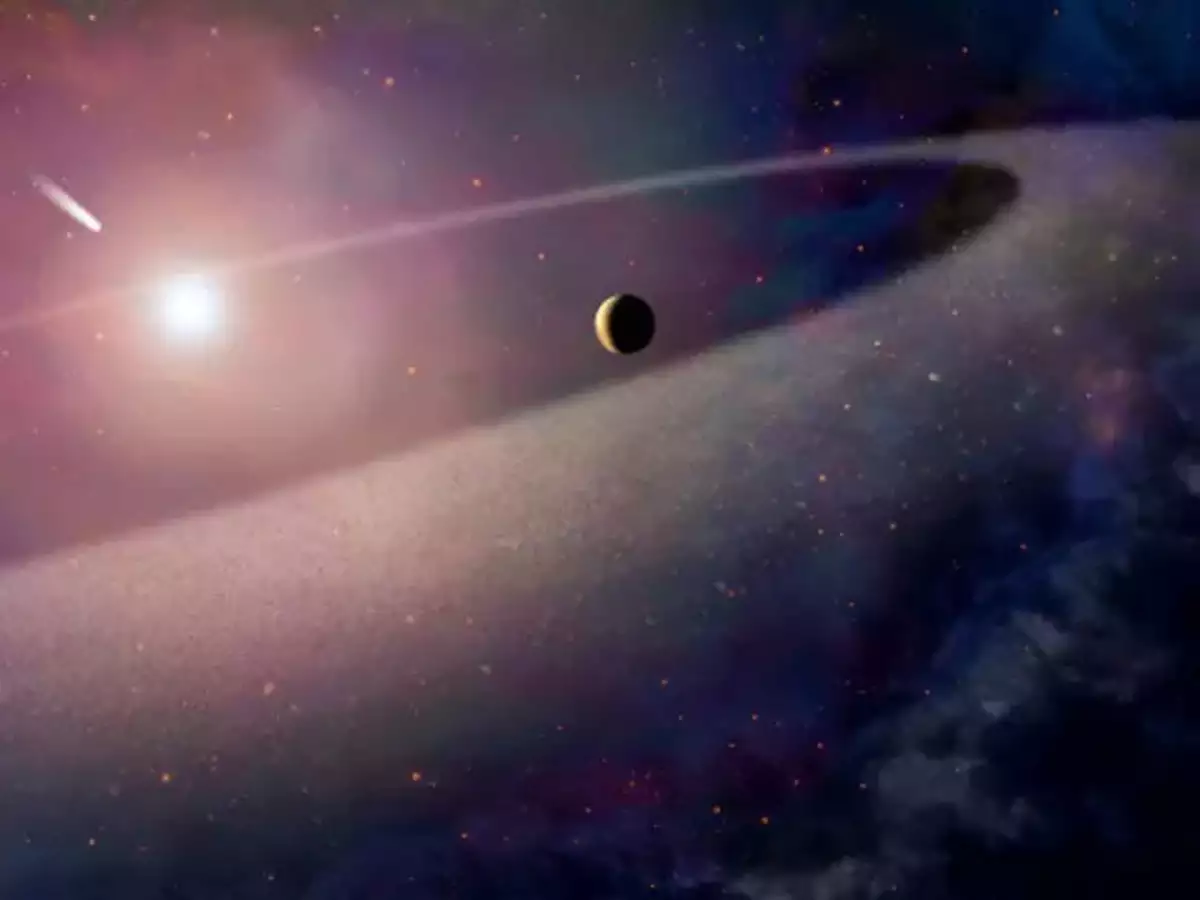University of Georgia Researchers Discover New Planet with Artificial Intelligence
In a recent breakthrough discovery, researchers from the University of Georgia (UGA) have identified a new planet using artificial intelligence (AI). The planet, named UGA-1785C, is a super-Earth and is located in the habitable zone of its star, meaning it could potentially support life.
The discovery was made using a machine learning algorithm that analyzed data from NASA’s Kepler space telescope. The algorithm, developed by UGA researchers, used a technique called a neural network to analyze patterns in light data from Kepler’s observations of stars. By identifying subtle variations in the brightness of stars, the algorithm can detect the presence of exoplanets, or planets outside our solar system.

According to UGA researcher Victor Andersen, who led the study, the neural network was able to identify UGA-1785C by detecting small, periodic dips in the star’s brightness that indicated the presence of a planet. The researchers then used follow-up observations from ground-based telescopes to confirm the planet’s existence and characterize its properties.
UGA-1785C is estimated to be around twice the size of Earth and orbits its star every 14.6 days. The planet’s surface temperature is likely to be around 250 degrees Fahrenheit, which is relatively cool compared to many other exoplanets that have been discovered in the habitable zone. However, the researchers caution that further observations are needed to determine whether UGA-1785C has a thick atmosphere or other features that could affect its potential habitability.

The discovery of UGA-1785C is significant because it demonstrates the potential of AI to aid in the search for exoplanets. Traditional methods of exoplanet detection often rely on manual inspection of large data sets, which can be time-consuming and prone to errors. By contrast, AI algorithms can quickly analyze vast amounts of data and identify patterns that may be difficult for humans to discern.
The UGA researchers hope that their machine learning approach can be applied to future missions, such as NASA’s upcoming James Webb Space Telescope, to help identify even more exoplanets and better understand their properties. As the search for life beyond Earth continues, AI may prove to be an invaluable tool in our quest to explore the cosmos.
“”UGA-1785C is significant because it demonstrates the potential of AI to aid in the search for exoplanets.” – Unknown.”








